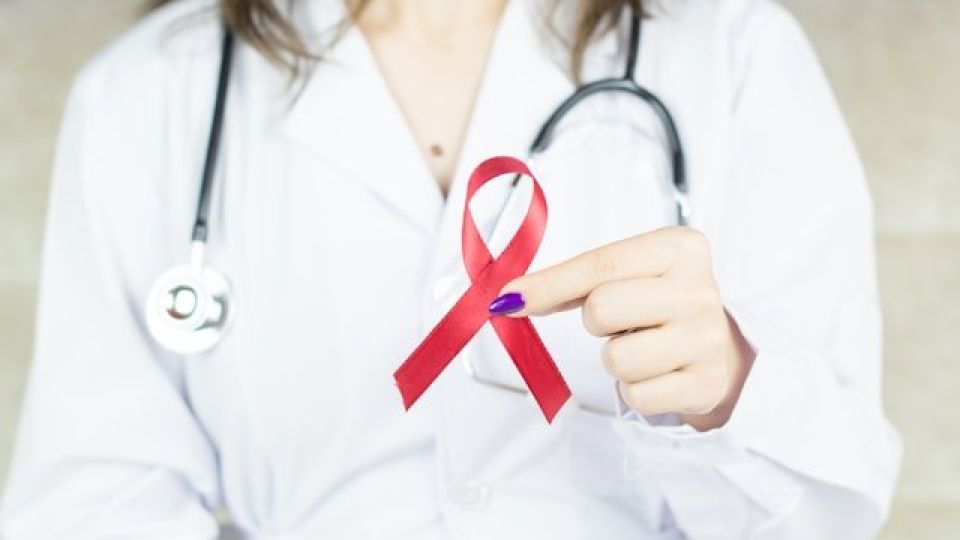February 4, 2025
THIMPHU – Bhutan has taken a major step forward in the fight against HIV/AIDS with the introduction of Pre-Exposure Prophylaxis (PrEP), an oral medication that significantly reduces the risk of contracting HIV.
Since its launch in December, 54 individuals in Thimphu and Paro have begun taking PrEP as part of the initiative’s initial phase.
A collaboration between the Ministry of Health and Save the Children, the programme specifically targets key populations at high risk, including men who have sex with men, female sex workers, and transgender individuals.
PrEP is designed for individuals who are HIV-negative but at high risk of contracting the virus.
Health experts emphasise that the medication should be taken by those whose partners are HIV-positive, individuals who have been diagnosed with an STI in the past six months, or people who share injection equipment.
By offering an alternative to traditional preventive methods such as condoms, PrEP enables those at risk to safeguard themselves against HIV more effectively.
The programme is supported by the Global Fund Project and aims to achieve a 90 percent reduction in new HIV infections in the country by 2030.
Bhutan has recorded 1,010 HIV cases since the first detection in 1993, with 772 people currently living with the virus.
Health officials believe that PrEP, when combined with existing prevention strategies, can significantly curb the rate of new infections, particularly among high-risk groups.
Despite its effectiveness in preventing HIV, PrEP does not offer protection against other sexually transmitted infections such as gonorrhoea and syphilis.
To address this concern, health officials are incorporating additional preventive measures, including the distribution of condoms and counselling services, as part of the programme. By combining these approaches, the initiative aims to create a comprehensive framework for HIV prevention and sexual health education in Bhutan.
With continued efforts and strategic interventions, the health ministry hopes to significantly reduce HIV infections and ensure better health outcomes for vulnerable populations.


